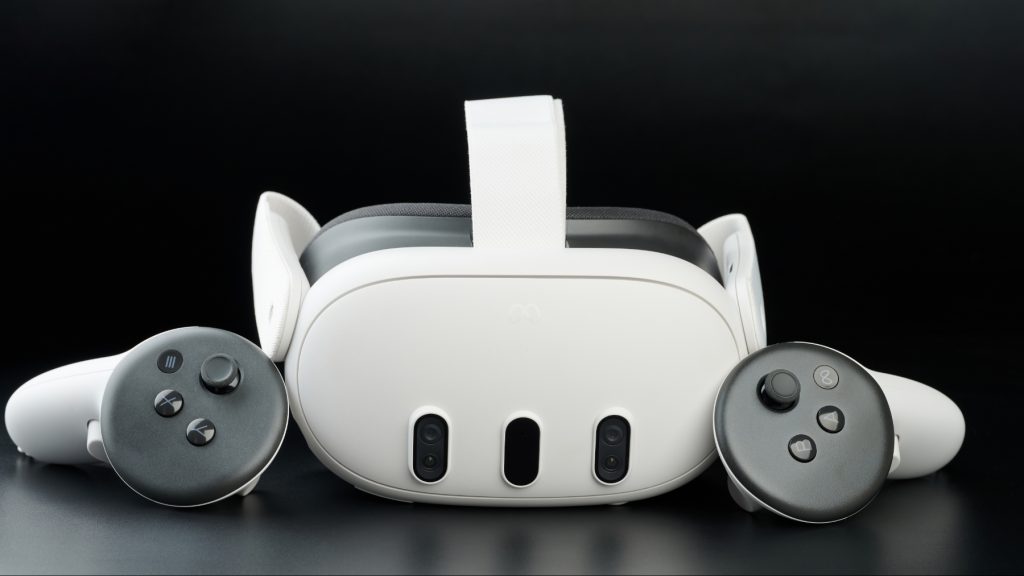
Apple’s Vision Pro production is reportedly being scaled back this year, driven by Meta’s wearable technology competition, including its Quest 3 and Ray-Ban smart glasses, dominates the market, according to The Information.
Once expected to revolutionize augmented reality (AR), demand for Apple’s high-end Vision Pro headset slumped, leading to a reduction in its production output.
According to reports from The Information, Apple has drastically scaled back its production of the wearables market ecosystem of Vision Pro since early summer. The tech giant may cease to make the current model altogether by the end of the year.
Launched at $3,500 in February 2024, the early success of Vision Pro quickly cooled off.
According to Counterpoint Research, sales of Vision Pro fell by 80% between the first quarter (Q1) and the second (Q2) in 2024, while app releases also fell sharply for the headset. Having projected as many as 800,000 units in 2024, Apple reportedly revised that figure to around 400,000 units.
Success of Meta with the Quest 3 and Ray-Ban Smart Glasses
Meta’s wearable ecosystem is booming, capturing 74% of the headset market in Q2 2024, according to Counterpoint Research. Since its launch in October of last year, Meta has sold 3 million united of its Quest 3 headsets, far surpassing Apple’s Vision Pro which comparatively sold only 370,000 units.
One of the most successful projects undertaken by Meta has been its work on smart glasses in collaboration with Ray-Ban, providing users with practical features in a familiar stylish form which increased the wearable technology design competition.
According to TechCrunch, Meta’s Ray-Ban smart glasses have outsold traditional Ray-Bans in parts of the world and are now the top-seller in 60% of Ray-Ban stores across Europe, the Middle East, and Africa.
Success here has translated into a long-term agreement with Meta and Ray-Ban’s parent company, Essilor Luxottica, to make sure collaborations continue on wearable technology competition.
Competitive Wearable Technology Ecosystem
Meta’s strategy for increasingly competitive wearable devices is in its two major offerings the Quest 3 and Ray-Ban smart glasses-mirrors the different needs of users of those devices.
Quest 3 is an entry-level entertainment tool developed for gamers and media consumers, offering a more accessible substitute to high-end headsets, such Apple’s Vision Pro. Priced at about one-fifth of Apple’s AR set, the Quest 3 provides a no-frills, versatile pure-entertainment experience.
Meta’s smart glasses integrate into your daily life with diversified features, such as the ones present in Ray-Ban, to call, text, take photos, and gather information while on the move-all within frames that look a lot like regular shades. Subtle in both build and functionality, they’re pretty user-friendly-especially in comparison with the bulkier build of the Vision Pro.
The fact that Meta ‘s wearable technology competition continues to make waves in wearable technology means Apple will have to go back to the drawing board if it wants to stay ahead for the future competition of wearables industry.
Inside Telecom provides you with an extensive list of content covering all aspects of the tech industry. Keep an eye on our Tech sections to stay informed and up-to-date with our daily articles.